
SCIENCE EDUCATION CENTER
TEL AVIV YAFO

Idith Gruman, Ph.D
Boaz Karni-Harel, Ph.D
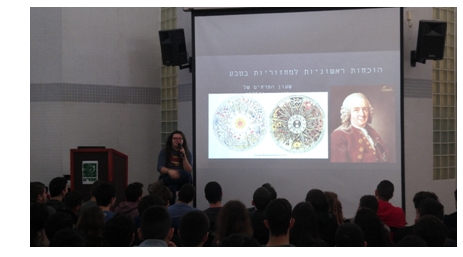 Annual Conference is held for 12th grade senior students. Groups of students, interested in studying and presenting a scientific or technological issue, work on a subject of their choice. The presenting students get academic assistance from the staff and receive professional training on how to speak in public. The scientific conference starts and ends with plenary talks by scientists from the academia or industry, with parallel sessions of Hemda students lecturers in between. Like in a regular conference, the other attendees – students who don’t lecture - register to the session of their choice before the conference.
Annual Conference is held for 12th grade senior students. Groups of students, interested in studying and presenting a scientific or technological issue, work on a subject of their choice. The presenting students get academic assistance from the staff and receive professional training on how to speak in public. The scientific conference starts and ends with plenary talks by scientists from the academia or industry, with parallel sessions of Hemda students lecturers in between. Like in a regular conference, the other attendees – students who don’t lecture - register to the session of their choice before the conference.
Soon after the conference, one of the students wrote to his teacher:
“It was a really interesting and empowering experience to participate at the conference as a lecturer and as an audience too. I learned much more than I expected preparing the lecture as well as participating. Thank you so much!”
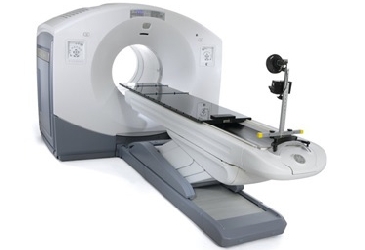 Medical physics course
Medical physics courseMr. Shay Noter
The world of medicine has changed drastically over the past 150 years.
During the course, the students study medical discoveries that are based on modern physical phenomena and theories. We will answer questions like How does a laser work, what does an MRI machine measure and how, and we will discuss many other applications.
image: P.E.T CT Machine
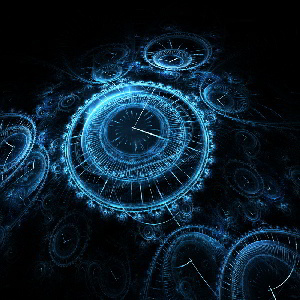
Adi Zomer Ph.D
Is time travel possible? Is the length of a spaceship always constant?
Is there a relation between mass and energy?
Those questions and more are discussed in the course "Introduction to special relativity" based on the theory that was published by Albert Einstein over a 100 years ago.
The concept of time dilation and length contraction are derived in the course, along with the famous equation E=mc2
(Photo: Time dilation)
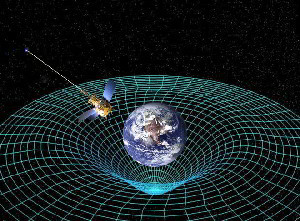 Gilad Svirski, Ph.D
Gilad Svirski, Ph.D
Einstein special theory of relativity showed us that reality can be more surprising than anything we’ve imagined: The time elapsing between two events isn’t universal, but depends on the velocity of the observer, and one gram of whipped cream contains the amount of energy that destroyed Hiroshima. But of all the outcomes of special relativity, the most surprising one is Einstein’s General Theory of Relativity – among the intellectual peaks of humanity.
During the course we follow Einstein’s steps from the special to the general theory of relativity, aiming for pupils to share physicists’ enthusiasm about this beautiful theory. In addition, we discuss implications such as Black Holes and Cosmology.
(Photo: Visualization of curved space-time around Eart)
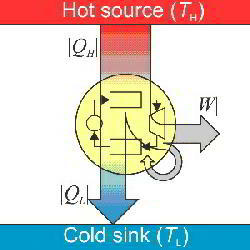 Engines and Ovens – Fundamental thermodynamics course
Engines and Ovens – Fundamental thermodynamics courseBoaz Karni-Harel, PhD.
Many phenomena in our world, from car engines to boiling an egg, depend on the transfer of energy from one system to another. Thermodynamics explains why and how such transfers occur.
The course explains the fundamental concepts and process of thermodynamics, its three laws and how they relate to our world.
 Data Science course
Data Science courseEyal Cohen, Ph.D
Data Science deals with analyzing huge databases ("Big Data") collected by computers. The data scientist takes the data (mainly in the form of numbers), transforms it into information and then extracts knowledge from it.
He or she employs mathematical tools (statistics, regression) as well as algorithms (AI, Deep Learning). These tools are the subject of the current course.
(Photo: Basic principles of Data Science for high school students)
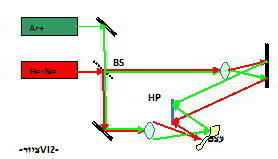 Reuven Shpitalnik Ph.D
Reuven Shpitalnik Ph.D
A series of theoretical lectures describing phenomena, such as interference and diffraction are given to the interested students. The course includes additional topics, such as laser design and interaction of laser with matter. The theoretical knowledge is being incorporated with practical "know-how" and experimental expertise. The students study and apply basic holographic photography procedures. At the end of the course each student is expected to be capable of producing a holographic photograph unaided.
(Photo: Two-color holographic photography set-up)
 Reuven Shpitalnik Ph.D
Reuven Shpitalnik Ph.D
Solar energy is one of the most obvious and intriguing subjects of applied physics. The stages of energy production at the solar bulk and on its surface together with radiation reaching the earth surface are of major interest in our investigations.
It is highly important to acquaint the students with the knowledge regarding various procedures during which solar energy is being utilized for human benefits. It is also important to investigate the procedure of energy storage in fossils and to exploit solar energy by direct transformation using photo-voltaic cells.
(Photo: Solar panels at kibbutz Ktora, Israel)
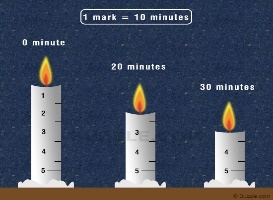 Time measuring apparatus contest
Time measuring apparatus contestReuven Shpitalnik Ph.D
A watch-constructing contest. Physical phenomena, such as gradually burning candles, dropping water or pots sinking gradually in liquids were used for precise time measurement.
The students had to ensure a precise five-minute time measurement with a tolerable error of ten seconds.
(Photo: Time measuring candles)
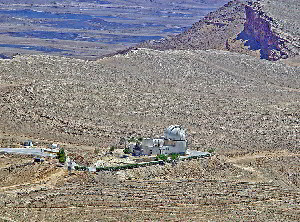 Astronomy & Astrophysics workshop
Astronomy & Astrophysics workshopYael Almog, Ph.D | Nimrod Regev, Ph.D | Gilad Svirski, Ph.D
Participants hear a review beginning with Babylonian Astronomy and ending at current understanding of celestial bodies and cosmology. We use Stellarium software to simulate night sky and include demonstrations such as watching elements spectra with diffraction grating glasses.
Following these introductory meetings, we end with a whole day trip to Ramon crater, where we first visit the Tel Aviv University Wise astronomical observatory, located in Mitzpe-Ramon. After sunset, we park inside the crater for a dark sky viewing, including a comprehensive sky tour. (Photo by: Etan j. Tal)
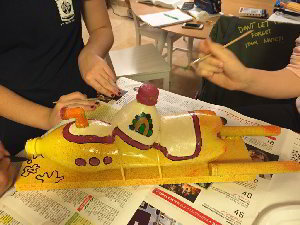 Submarine contest
Submarine contestMr. Haim Shmueli
The Submarine Project is a work shop for the "Arrow project" – Science for the young students.
The students are required to build home-made submarines that can dive and float several times.
Each apparatus is judged by its performance as well as by its mechanism, design and appearance.
This is a team competition which is related to the education material that is studied at this study year.
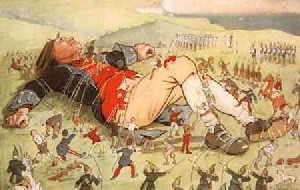 Reuven Shpitalnik Ph.D
Reuven Shpitalnik Ph.D
It is possible and even very effective to study physical processes via analyzing their dimensions. It appears that a very profound insight can be achieved on behalf of analyzing natural laws via that tool. The quantities of medical drugs prescription by physicians are made mostly by the mass and dimension comparison. Many of physical, and not only physical equations can be deduced by using DA principles.
A Dimensional Analysis text-book (in Hebrew) was written to expose that sealed treasure of wisdom to our students. As a natural continuation to that textbook, a course was compiled.
 Solar ovens workshop
Solar ovens workshopReuven Shpitalnik Ph.D
This workshop employs the knowledge acquired by the students concerning the principles of solar energy radiation, convection and conduction.
Each pair of students constructed such an oven in accordance with the workshop guidelines.
The final products were taken to the Samar kibbutz (Negev), where a solar ovens contest took place.
(Photo: Solar tower in Samar, Israel)
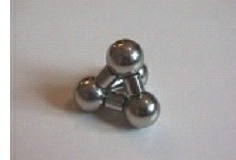 Physical toys workshop
Physical toys workshopReuven Shpitalnik Ph.D
Various phenomena, which can be exploited to serve as children's toys were presented by the students.
Illustrative examples: four connected marble balls, producing a top oriented spinning tetrahedron or a device with a swinging center of mass.
(Photo: connected marble balls, forming a top oriented spinning tetrahedron)